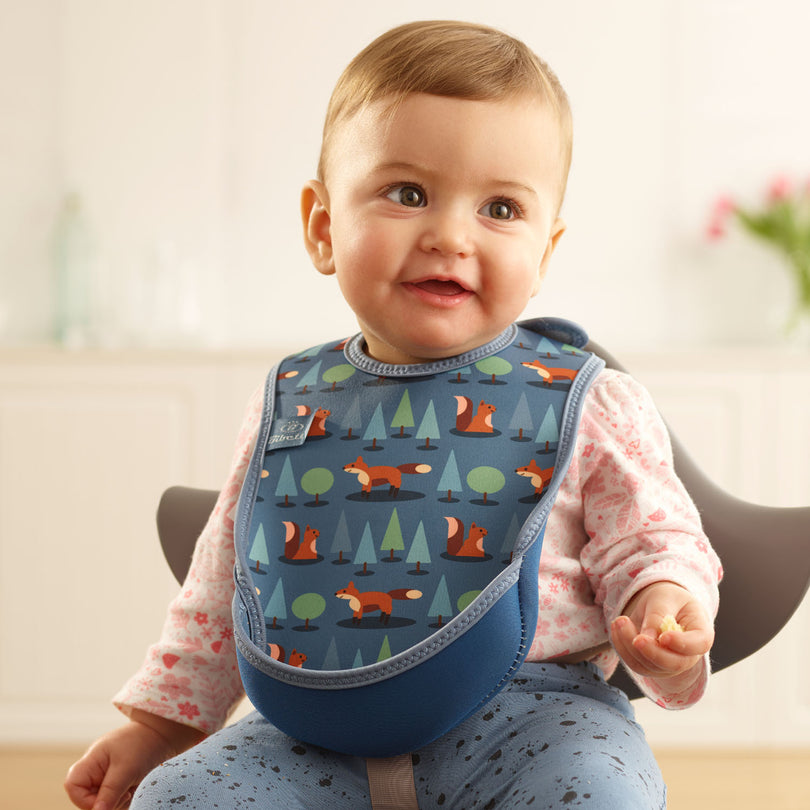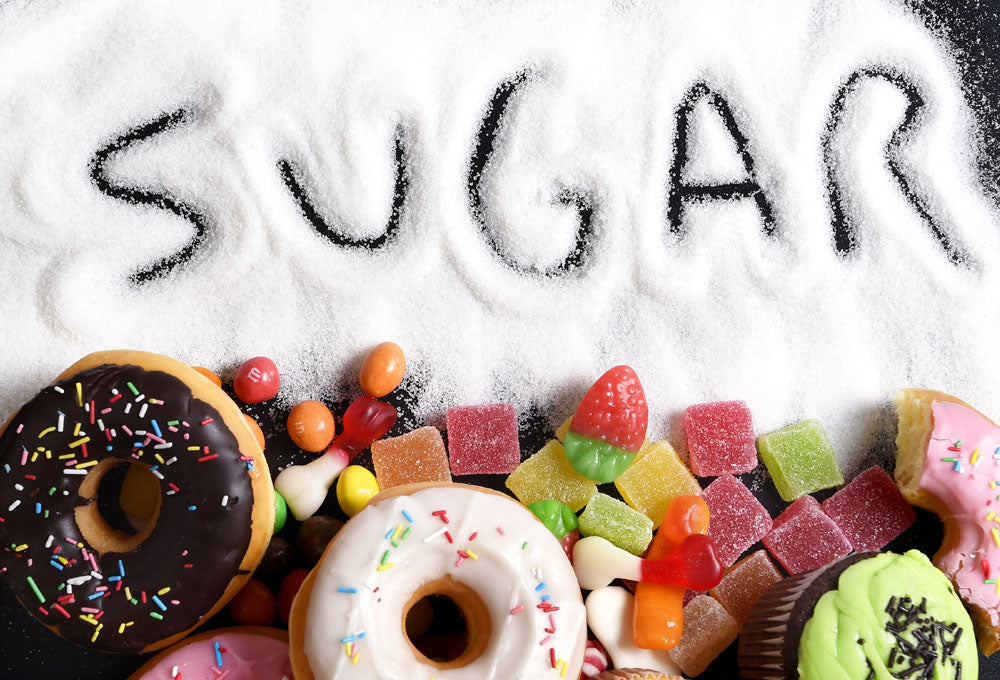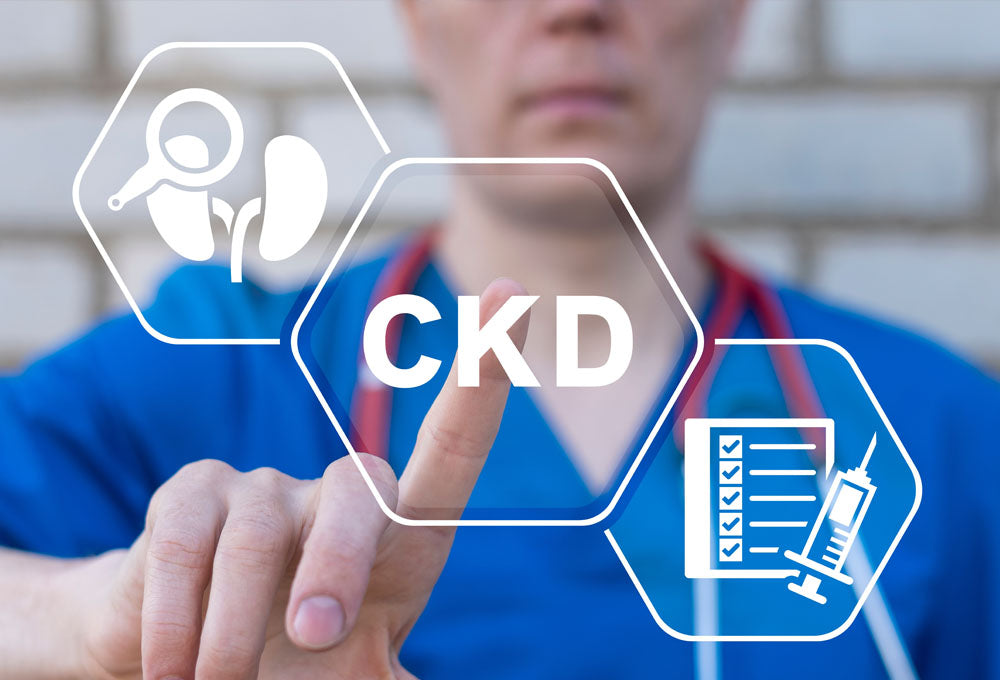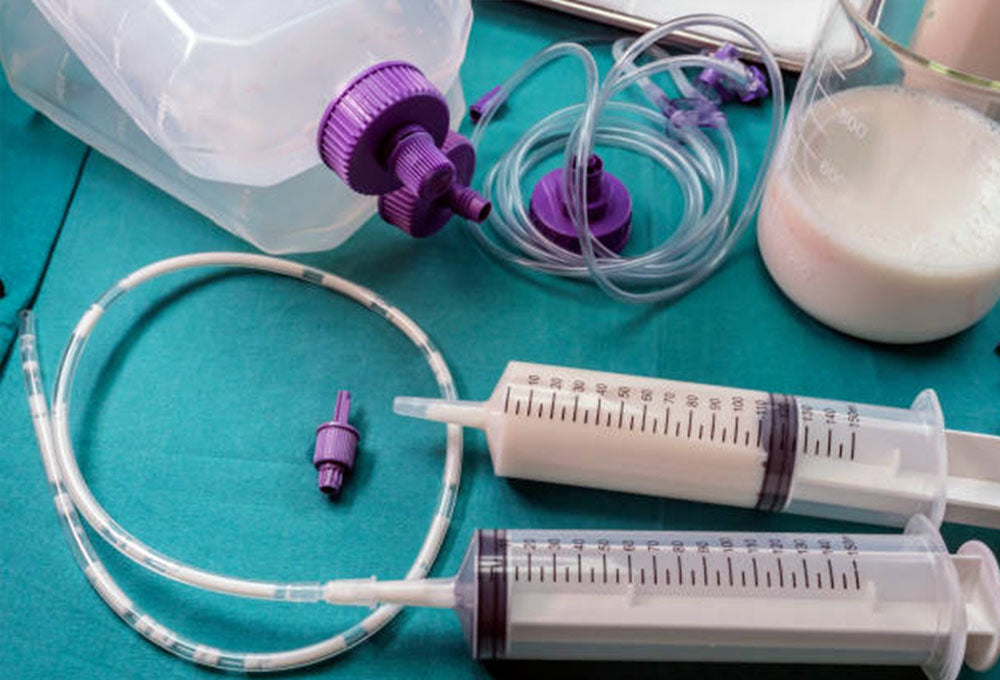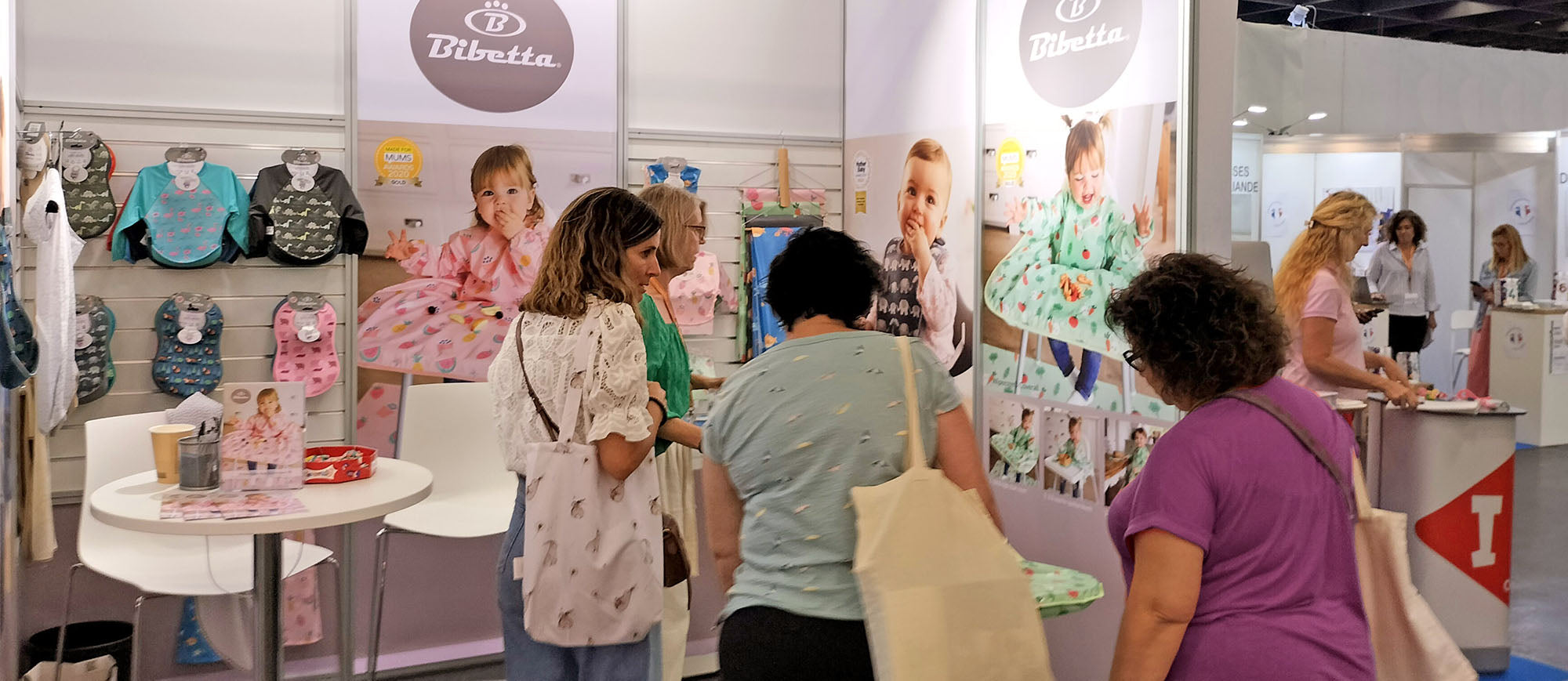Are we eating too much sugar? What impact is it having on our children’s health? What can we do about it? Theresa from Your Family Nutritionist will answer these important questions by covering the following areas:
- Definition of free sugars
- High sugar foods
- How much sugar to have on a daily basis
- What’s the supermarkets’ role in this?
- Impact of consuming food with high free sugars
- Examples of baby food with high free sugar content
- What can you do about it?
Definition of free sugars
Sugar is a type of carbohydrate which we need as an energy source for the body. It can be classed as either a natural sugar or a free sugar.
Natural sugars are sugars which are found already in the foods we eat. An example is fructose which is a sugar found naturally in fruit and lactose which is a sugar found in milk.
Free sugars are sugars which are added to food or drinks and are therefore also known as added sugars. These can be found in products such as fizzy drinks, biscuits, cakes etc. These sugars include table sugar (known technically as sucrose), honey, maple syrup, brown sugar and molasses.
When we break down fruit into fruit juices, smoothies or purees, this then means they are classed as a free sugar due to the high levels of natural sugars released during the blending process.
High Sugar Foods
To determine if a food is a high or low sugar product, this chart will help.

High sugar foods are foods containing a high level of sugar and these include:
- Sugar-sweetened drinks such as fizzy drinks, juices, energy drinks, squashes and alcoholic drinks.
- Cereal-based products such as biscuits, cakes, chocolate, breakfast cereals, sweets.
- Sugar-sweetened dairy products such as flavoured milks and yogurts.
- Some savoury products such as tomato ketchup and prepared sauces can be high in sugar but it is important to read the food labels to understand how much each product contains.
How much sugar to have on a daily basis?
The Scientific Advisory Committee on Nutrition (SACN) recommends that calories from free sugars should account for 5% of our total daily energy intake. This equates to:
- 19g or 5 sugar cubes for children aged 4-6
- 24g or 6 sugar cubes for children aged 7-10
- 30g or 7 sugar cubes for children aged 11 years and over.
It is worth noting that it is NOT recommended that children under 4 have added sugar in their diet.
What’s the supermarkets’ role in this?
The food manufacturers in the UK are the main culprits in this fight against added sugars as they are not regulated in terms of how much sugar is added to food aimed at babies and children. There are voluntary guidelines they have been advised to follow to help reduce the obesity crisis however it seems these guidelines have been ignored.
A recently published report by Action on Sugar which was published in April this year, found the following alarming facts:
- The overconsumption of sugar is endangering public health, placing pressure on an already-overburdened NHS, using prime agricultural land, and damaging our soils which threatens our ability to grow healthy food.
- Despite effort to reformulate certain products with less sugar under the Voluntary Sugar Reduction Programme 2015-2020, supermarkets’ total sugar sales have increased over the last 5+ years. This highlights the need for stronger policies to reduce overall sugar sales and consumption.
- They surveyed the UK’s 10 biggest supermarkets to find out if their policies are fit for the task of reducing total sugar sales, finding out that 9 out of 10 supermarkets in the UK lack any polices to measure total sugar sales across all products
- They are calling on supermarkets to commit to publicly disclosing and reducing sugar sales by 50% by 2025 and by two-thirds by 2030, and for the Government to drive this by implementing mandatory targets.
Impact of consuming food with high free sugars
So what does that mean for our children? Well, a recent study published in 2021 observed the dietary patterns of children and to examine the probability of obesity with high sugar intake. It showed that a large proportion opted for refined sugar cereals and sweets. This showed that there is a high probability of becoming overweight and obese with higher sugar intake in childhood.
According to2020/21 UK data, 14.4% of 4–5-year-olds were classed as obese and 13.3% were overweight. At age 10-11, 25.5% were obese and 15.4% were overweight.
Sugar in excess can affect our blood sugar levels. This means that children and adults who consume too much sugar will have trouble regulating their blood sugar levels and this can lead to Diabetes. Added sugars are also known to increase bad cholesterol levels in our blood which can lead to heart disease.
Free sugars are also the reason why we have so many issues with dental caries in children. It is thought that 1 in 4 five-year-olds have tooth decay and this figure seems to be rising.
What is very concerning is the amount of sugar ladened foods which are aimed at weaning babies.
Examples of baby food with high free sugar content

A Petit Filous Strawberry Yogurt for example contains 9.4g total sugars per 100g (6.8g are added sugars and children under 4 shouldn’t have added sugar)

Farley’s Rusks Original contains a whopping 29.0g of total sugars per 100g making it a very high sugar product aimed at 6m old babies! The Reduced Sugar Farley’s Rusks contain 20.1g of total sugars so again, this STILL falls into the high sugar product category.
To put this into some kind of perspective, a McVities Digestive Biscuit contains 15g of total sugar per 100g and I’m not sure many people would be too happy about that being one of their baby’s first foods!

Oh, then I spotted these. Heinz Chocolate Biscotti biscuits for babies 7m and over. Providing them with 16.0g of total sugar per 100g – what on earth!?
What can you do about it?
Humans naturally are drawn to sweet flavours. Breast milk is sweet, as is formula milk. Our brains are fuelled by glucose sugar. Cavemen would forage for fruits, as they contained sugar which meant energy, which meant survival. In terms of evolution, we are fighting this innate desire for “sweet”.
And this is fine, however as parents, we need to be so aware of how much of the sweet stuff our babies and children are having. If we are weaning, this is the perfect time to make those more savoury flavours such as veg, an integral part of each meal. This is the time to make your own purees and add more veg and less fruit. This is the time to read labelling on packaging and checking which are actually classed as “high sugar” and then putting them back on the shelf! This is the time to encourage our baby’s taste buds to accept a variety of tastes and textures, cuisines and foods from around the world so they appreciate other tastes as well as “sweet”.
It is a time for thinking of the long-term health of our children and understanding the power the food manufacturers have over consumers and making considered and informed decisions over the foods we are feeding our little ones. By doing this, we are giving them the best start possible and starting their journey into the world of food with ensuring they have the best health outcome as they grow and develop and become healthy, happy people!
If you would like to learn more about how to avoid the free sugars when weaning your baby or anything else to do with weaning your baby the best way, check out Theresa's website and book yourself onto one of her weaning workshops or talk to her about your concerns!

